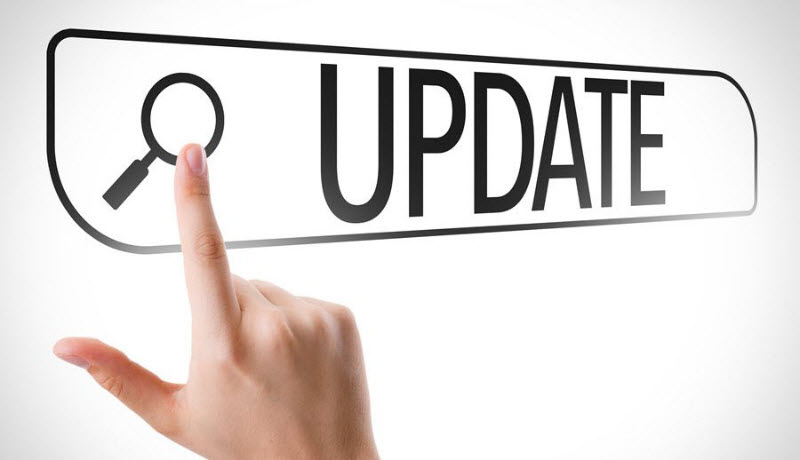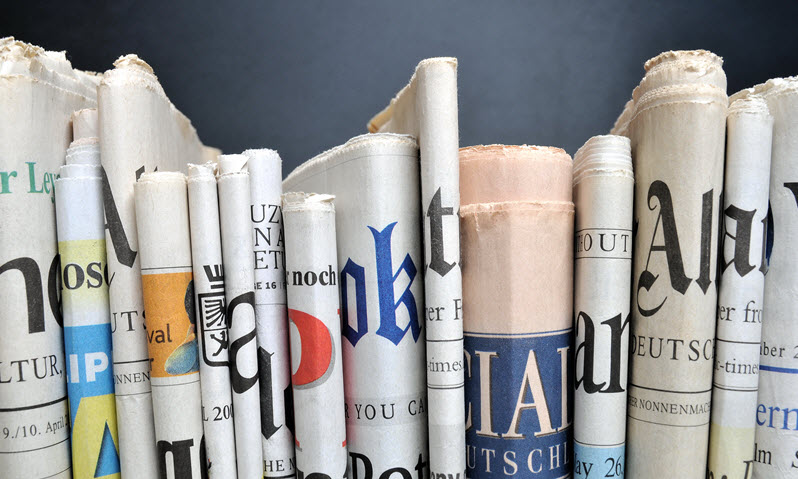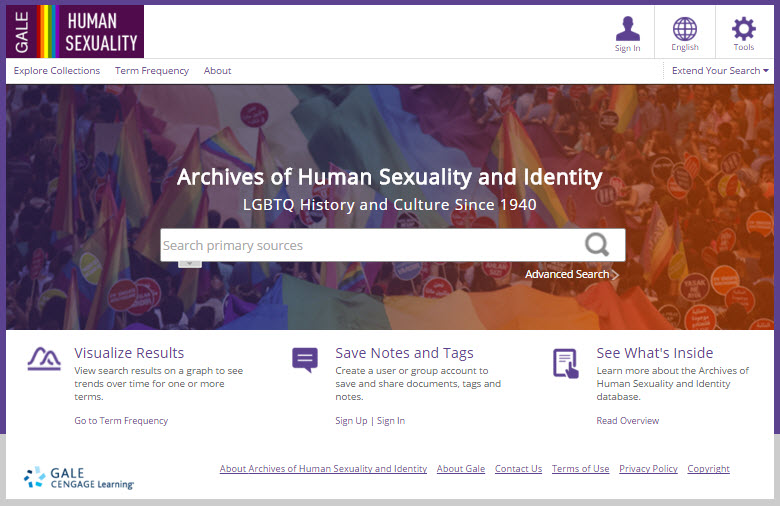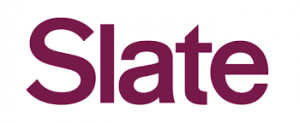| By Sara Constantakis |
In our internet-driven world, news comes at us from every direction and from many different sources. But just because a news story shows up in our Facebook or Twitter feed doesn’t mean it’s credible or authoritative. The proliferation of fake news is a growing problem, since the internet makes it easy for anyone to publish something that looks like a real news story. In addition, many news publications lean in one direction or another on the political spectrum, which influences the way they present information. That’s why it’s important for everyone, from the student to the general reader, to understand where news comes from and how the source of an article may influence its presentation of the facts.
Read moreInfoTrac: A Trusted Source for Current, Accurate, and Balanced News








